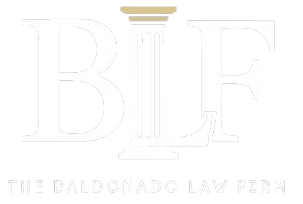Firearm Right Restoration
Restoring Gun Rights After a Felony Conviction in California
A criminal conviction in California can lead to losing your right to own or possess a gun under both state and federal law. Most felonies result in a lifetime firearms ban, and some misdemeanors, especially those involving domestic violence or drugs, can also cause temporary or permanent bans.
Gun laws are complicated and depend on your specific situation.
State-Level Restoration in California
There are two main ways to restore gun rights under California law:
Felony Reduction to a Misdemeanor (PC § 17(b))
Only available for “wobbler” offenses, crimes that could have been filed as a felony or misdemeanor. Once reduced, it’s considered a misdemeanor for all legal purposes, which under state law, lifts the firearm ban tied to felony status, for some people.
Certificate of Rehabilitation and Governor’s Pardon
A Pardon can be granted only after a Certificate of Rehabilitation, or by direct application. A Certificate of Rehabilitation is a court order that declares you have been law-abiding and rehabilitated since completing your sentence for a felony. Automatically becomes an application for a Governor’s Pardon, if granted in the County where convicted. This is only available to those who have been crime-free for at least 10 years after completing probation or parole and can show long-term good conduct and rehabilitation.
A Pardon from the Governor is the only way to fully restore your gun rights in California.
If you want to have your firearm rights restored or have any questions about this multi-step process, contact us for a free and confidential case consultation.
SCHEDULE YOUR FREE EVALUATION TODAY!
Don’t settle for less than you deserve. Reach out to us for a free, confidential evaluation with no risk, and let us help you achieve the best possible outcome in your case
You can contact us online by filling out form below, or call us at +1 415-265-7388
Start by typing your name below to get your free evaluation. Submitting this form does not create an attorney–client relationship. Please do not send confidential or time-sensitive information.


